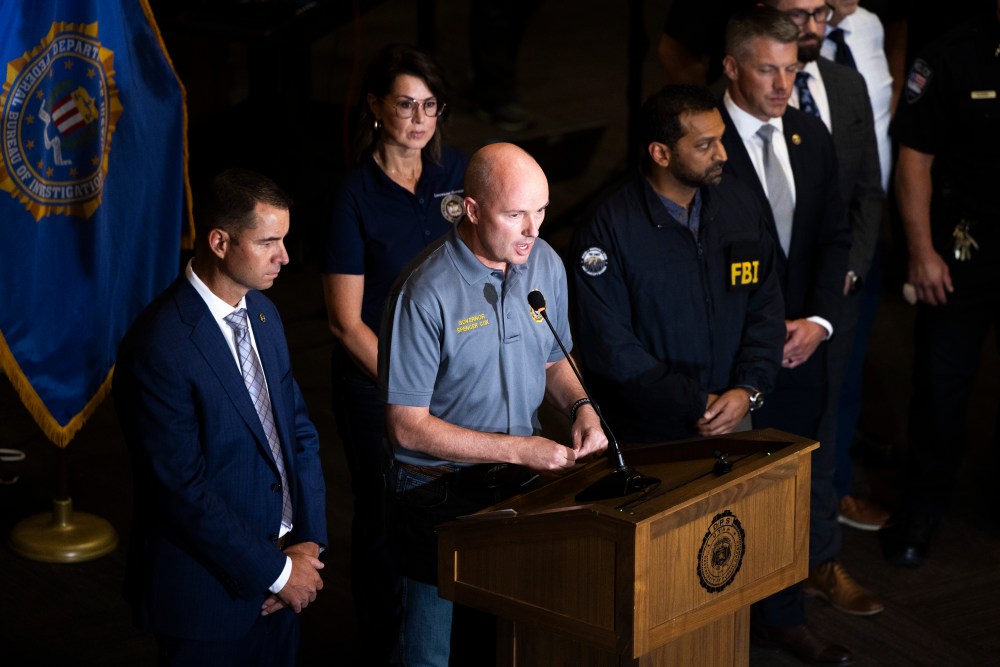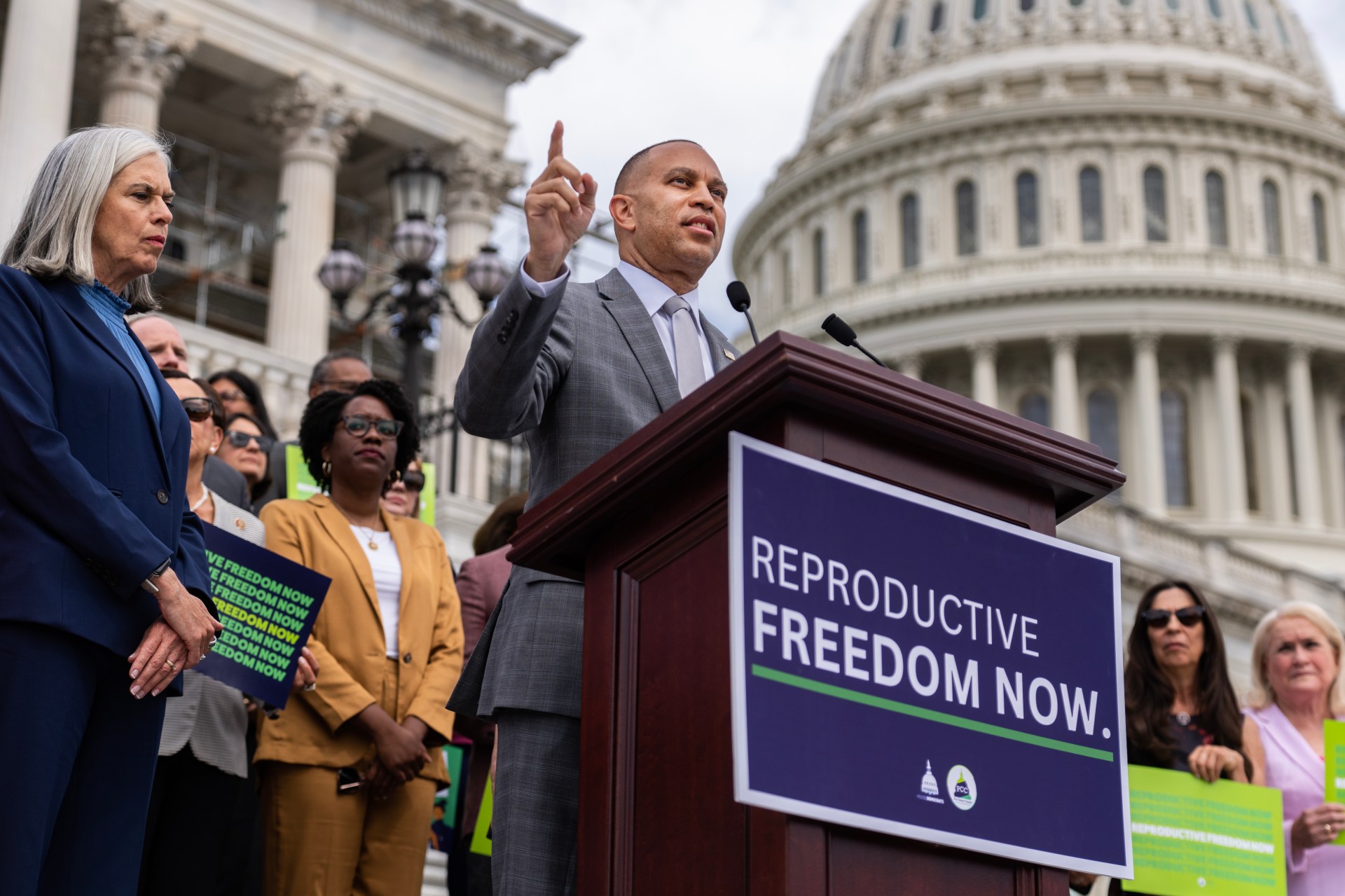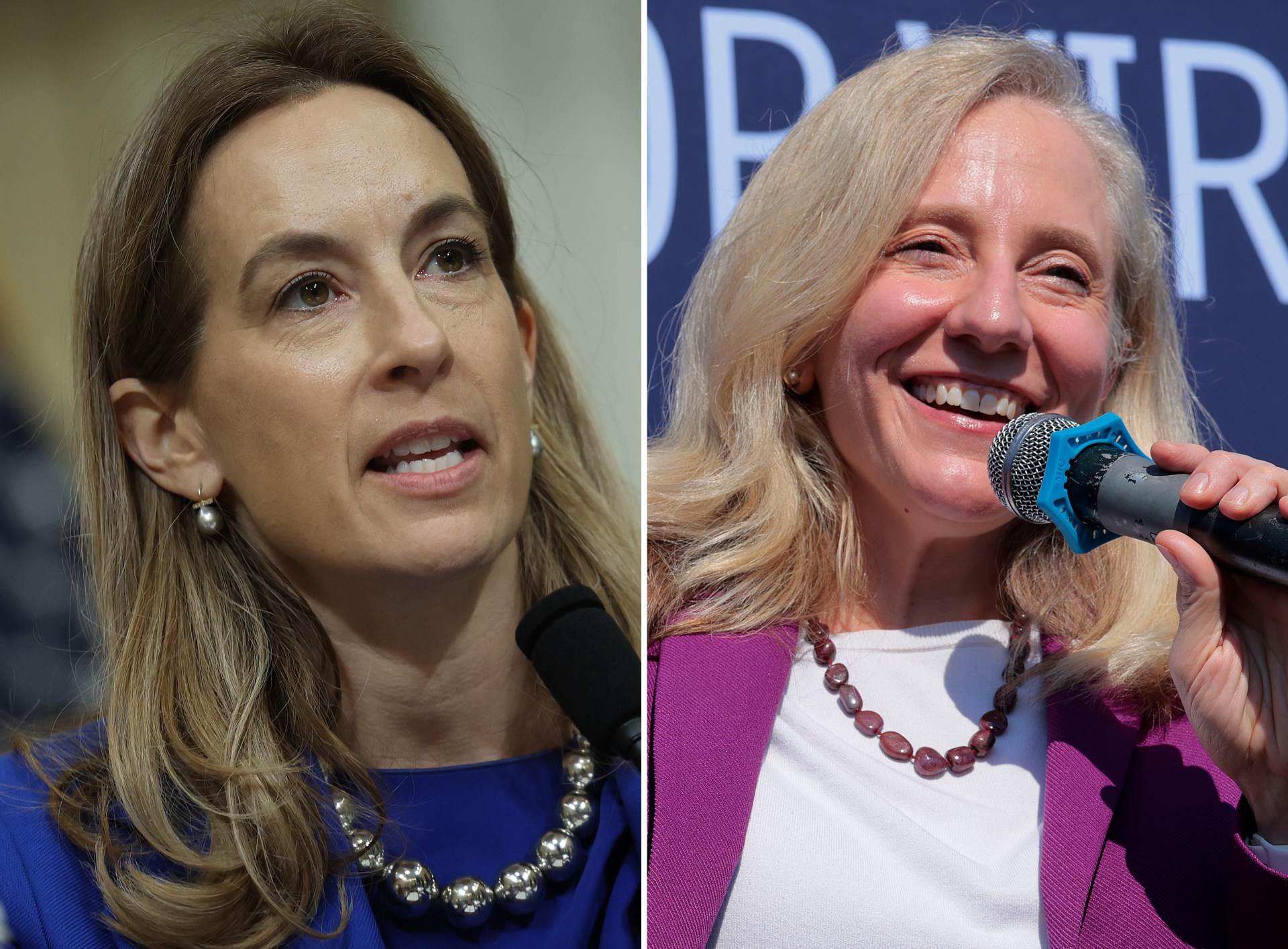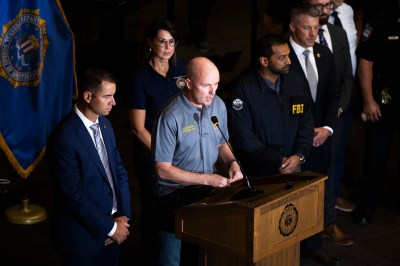One month ago, on September 10, the country was rocked by the murder of Charlie Kirk at Utah Valley University, the first assassination of a nationally famous political activist since the 1960s. At a time of deep national turmoil, Utah’s Republican Gov. Spencer Cox rose to the occasion by speaking with moral clarity. So I traveled to Utah recently to get a better understanding of Cox for myself and Dispatch members. The governor and I spoke shortly before he took the stage at a Turning Point USA event at Utah State University, where Kirk himself had been scheduled to speak. What I found was one of the most interesting—and misunderstood—politicians left in the GOP. You can read the resulting profile of Cox by clicking here.
—John
Top Stories From the Dispatch Politics Team
Three weeks after Spencer Cox was thrust onto the national stage in the wake of the assassination of Charlie Kirk at Utah Valley University, Utah’s Republican governor is backstage preparing to do exactly what Kirk was doing when he was murdered in cold blood: speak at a Turning Point USA event on a college campus in Utah. For Cox, his fellow speakers, and the 6,000 people filling the basketball arena at Utah State University on September 30, participating in the event where Kirk was scheduled to speak isn’t just a way to honor a man killed in an act of political violence. It’s also a simple act of defiance. “If we stop doing certain things, then we lose a little bit of our free speech,” Cox tells me during an interview before the event, conducted under heightened security.
We’re less than a month away from the only two big elections in this off-year cycle—and the top two Republican politicians in the country are nowhere to be seen in either New Jersey or Virginia. There are plenty of rational but unsatisfying excuses to explain Trump’s absence from the campaign trail. Perhaps he is unable to jump in to boost every Republican office-seeker since he’s the president of the United States and busy with the work of governing—though if his longtime habits are consistent, a lot of that time is spent watching television. When it comes to electoral politics, maybe Trump is more focused on next year’s midterms, which will determine the makeup of Congress in the final two years of his term and whether he will be impeached for a third time.
Back in 2019, an unprecedented group of thousands of economists signed a public letter in favor of a carbon tax as the best solution to climate change. At the same time, legislation known as the Green New Deal was gaining popularity among progressives and climate activists. The Green New Deal legislation put forward a top-down, public-sector approach to addressing climate change. While the exact parameters of the Green New Deal were vague, it emphasized massive-scale federal investment in climate-related infrastructure projects, invoking FDR’s New Deal. The climate activists downplayed or even dismissed carbon taxes—fees on greenhouse gases emitted by fossil fuel use and other economic activity—as both regressive and inadequate to achieving their goals.
New York Times columnist Ezra Klein’s recent suggestion to open the Democratic coalition to pro-life candidates was unpopular among the constituency of a Democratic Party that in recent years has become especially closed off to candidates who do not take the party line on abortion. But on Capitol Hill, Democratic members of Congress contending with the decisive loss they suffered in November and looking ahead to the 2026 midterm elections are not completely dismissing the idea of welcoming candidates who diverge from the party orthodoxy on abortion. None of the Democrats who spoke to The Dispatch about the issue this week completely closed the door on it, stressing instead the need to field winning candidates, period.
Rep. Mikie Sherrill and former Rep. Abigail Spanberger, who top the Democratic tickets in New Jersey and Virginia, respectively, in this fall’s key off-year elections, are pragmatic military veterans. Both are articulate and generally focused on affordability and other issues voters tell pollsters they care about. But on transgender rights—especially whether transgender females should be permitted in girls’ and women’s sports—Sherrill and Spanberger appear hesitant and unclear regarding how they would govern if elected in November. Republicans, conversely, are quick and unequivocal.
Enjoying our Dispatch Politics Roundup? Consider forwarding this article to someone you know who likes independent, fact-based journalism.












Please note that we at The Dispatch hold ourselves, our work, and our commenters to a higher standard than other places on the internet. We welcome comments that foster genuine debate or discussion—including comments critical of us or our work—but responses that include ad hominem attacks on fellow Dispatch members or are intended to stoke fear and anger may be moderated.
With your membership, you only have the ability to comment on The Morning Dispatch articles. Consider upgrading to join the conversation everywhere.